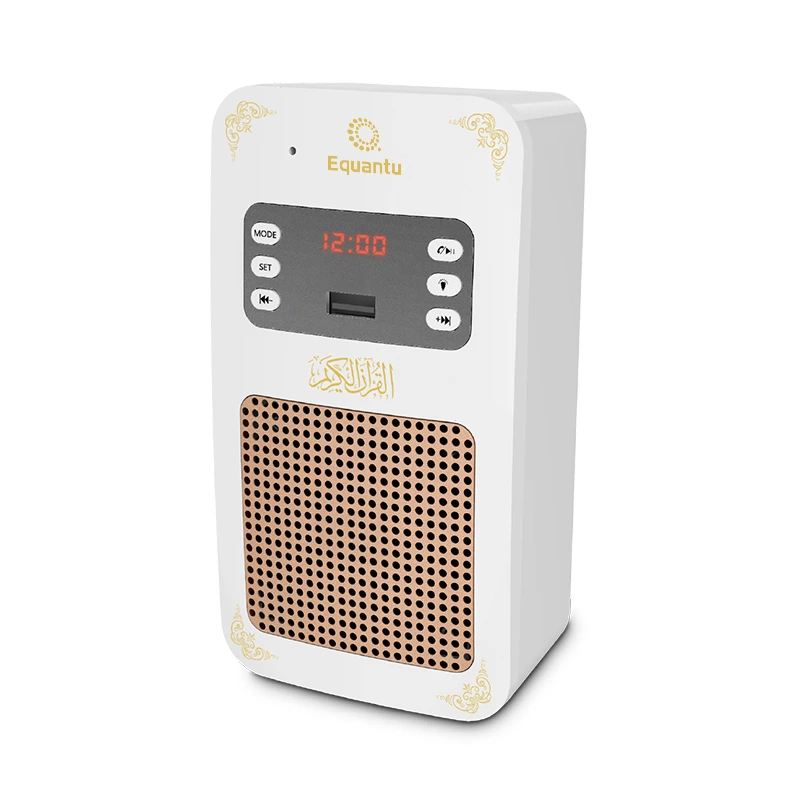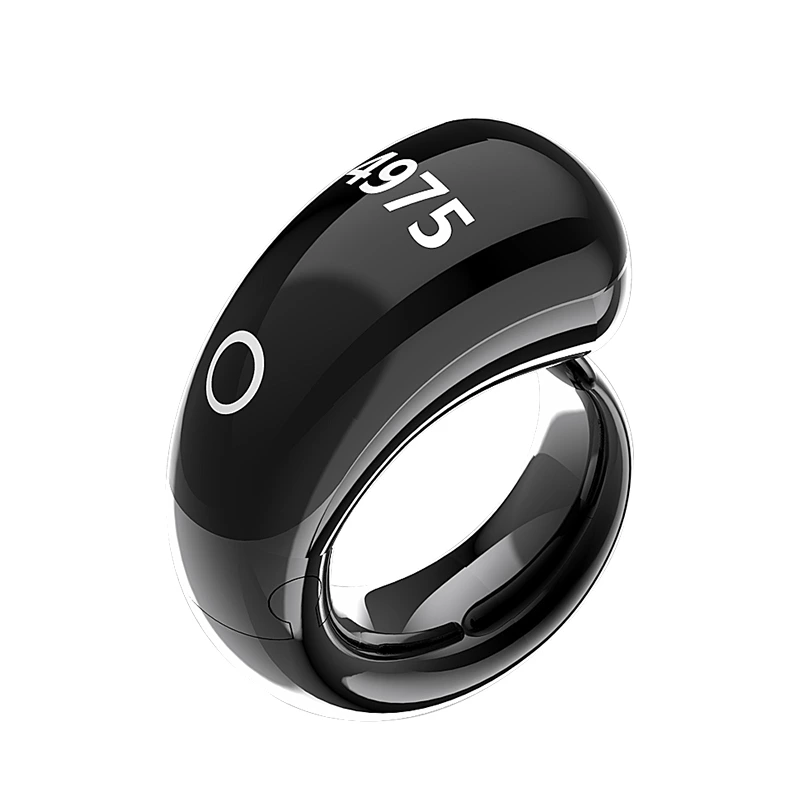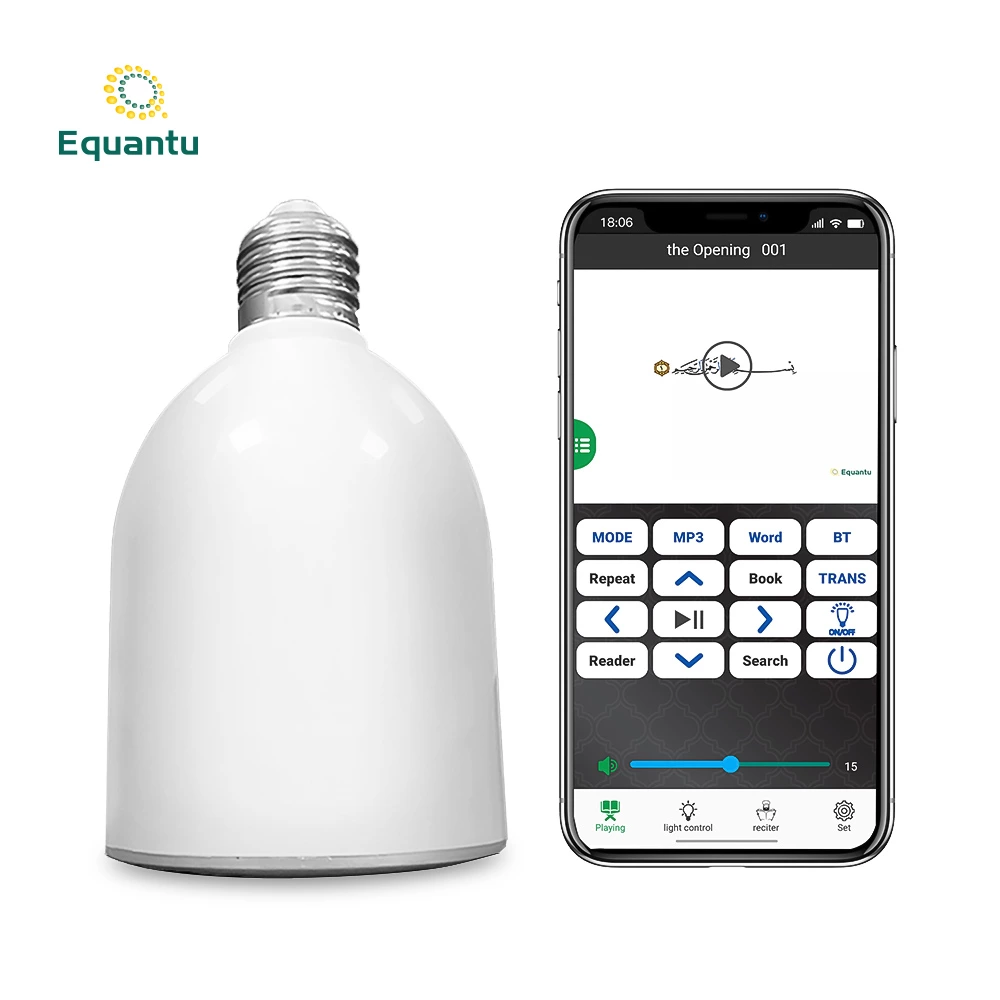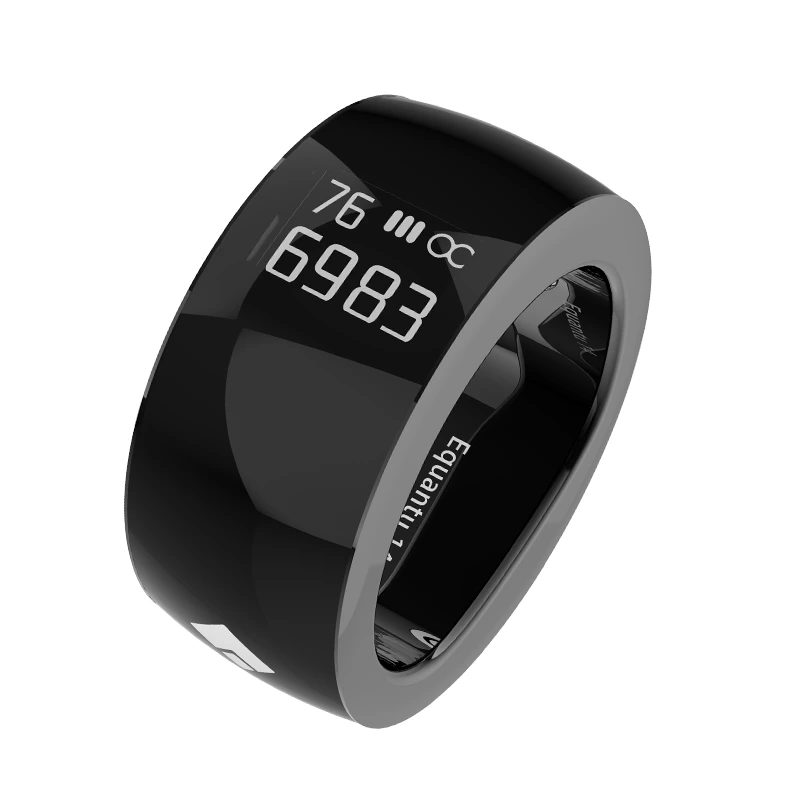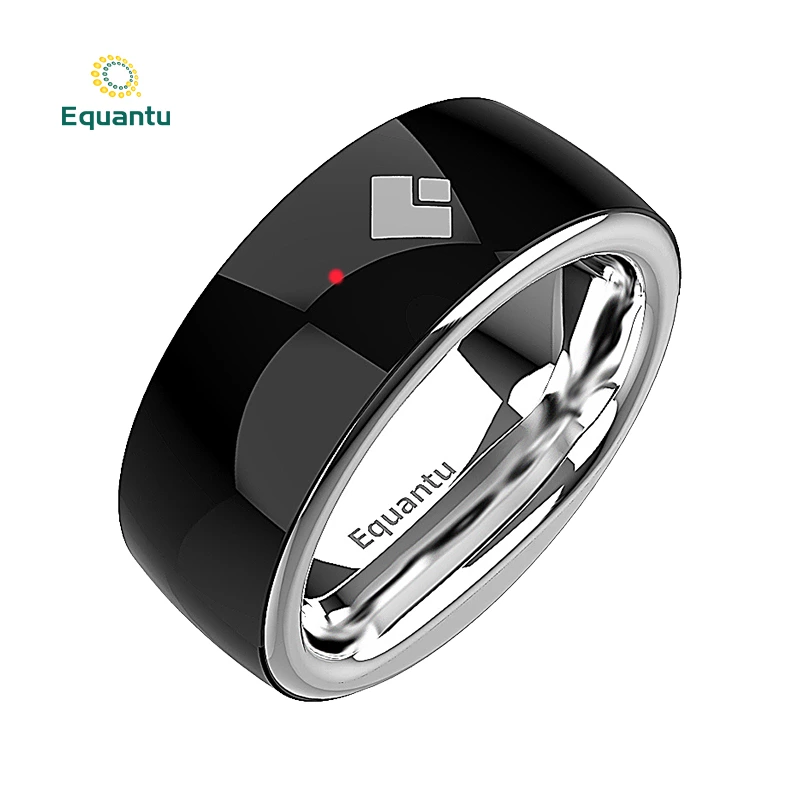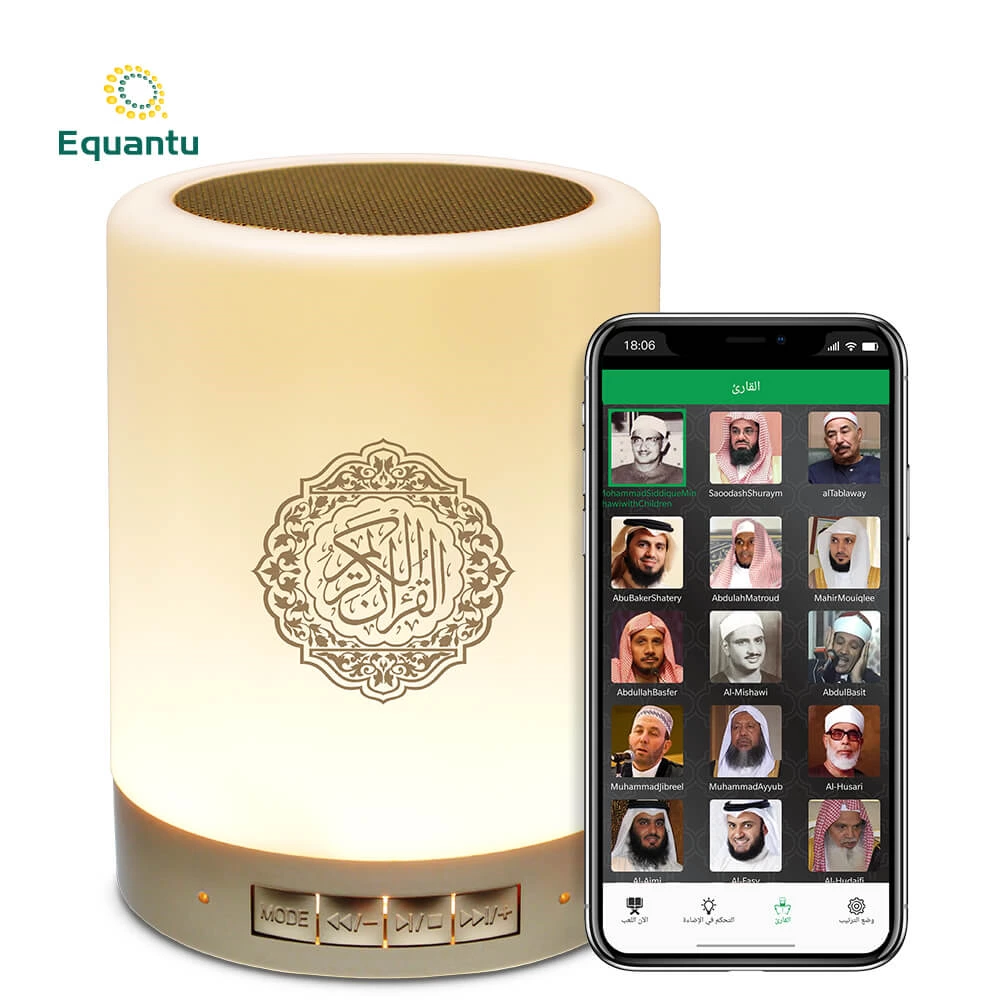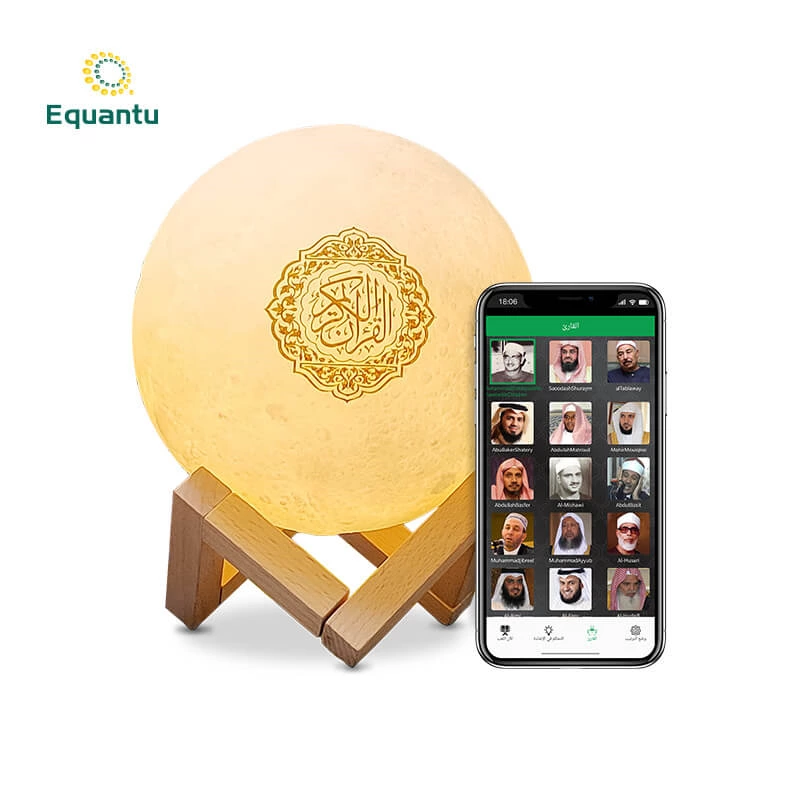Honesty and Transparency
One of the cornerstone principles in Islamic business ethics is honesty. The Quran emphasizes the importance of truthfulness in all transactions. Surah Al-Mutaffifin (83:1-3) warns against fraudulent practices, urging believers to uphold honesty:
"Woe to those that deal in fraud,- Those who, when they have to receive by measure from men, exact full measure, But when they have to give by measure or weight to men, give less than due."
Application in Business:
- Transparent Communication: Clearly communicate product features, pricing, and terms of service to customers.
- Accurate Representation: Ensure that all marketing materials accurately represent the products and services offered.
Fairness and Justice
Justice is a fundamental value in Islam, extending to all areas of life, including business. The Quran instructs Muslims to be just and equitable in their dealings:
"O you who have believed, be persistently standing firm for Allah, witnesses in justice, and do not let the hatred of a people prevent you from being just. Be just; that is nearer to righteousness." (Surah Al-Ma'idah 5:8)
Application in Business:
- Equitable Treatment: Treat all employees, partners, and customers with fairness and respect.
- Conflict Resolution: Address disputes promptly and justly, ensuring that all parties are heard and respected.
Prohibition of Interest (Riba)
The Quran explicitly prohibits the practice of charging or paying interest, known as Riba, as it is considered exploitative and unjust:
"Those who consume interest cannot stand [on the Day of Resurrection] except as one stands who is being beaten by Satan into insanity." (Surah Al-Baqarah 2:275)
Application in Business:
- Interest-Free Financing: Offer interest-free financing options to customers and employees.
- Ethical Investments: Invest in Shariah-compliant ventures that avoid interest-based transactions.
Trustworthiness and Fulfillment of Contracts
Trustworthiness (Amanah) and the fulfillment of contracts are highly emphasized in Islamic ethics. The Quran commands Muslims to honor their agreements:
"And fulfill [every] commitment. Indeed, the commitment is ever [that about which one will be] questioned." (Surah Al-Isra 17:34)
Application in Business:
- Reliable Deliveries: Ensure timely delivery of products and services as promised.
- Contract Integrity: Uphold all contractual obligations and avoid breaches of agreement.
Ethical Treatment of Employees
Islamic ethics advocate for the fair and compassionate treatment of employees. The Prophet Muhammad (PBUH) emphasized the importance of kindness and fairness in managing a workforce:
"Your workers are your brothers. Allah has put them under your command. So whoever has a brother under his command, let him feed him from what he eats and dress him from what he wears." (Sahih Bukhari)
Application in Business:
- Fair Wages: Provide competitive and fair wages to employees.
- Healthy Work Environment: Foster a supportive and safe workplace that promotes the well-being of all staff members.
Integration with Modern Islamic Products
Modern Islamic products like Quran speakers and Zikr rings can play a significant role in embodying Quranic business ethics:
- Quran Speakers: Placing Quran speakers in the workplace can serve as a constant reminder of ethical principles, fostering a culture of honesty, fairness, and justice.
- Zikr Rings: Distributing Zikr rings to employees can encourage mindfulness and spiritual reflection, aligning personal values with business ethics.
Conclusion
Adhering to Quranic principles in business not only fulfills a religious duty but also lays the foundation for sustainable and ethical success. By embracing honesty, fairness, trustworthiness, and the ethical treatment of employees, businesses can thrive while upholding the moral standards set forth in Islam. Integrating modern Islamic products like Quran speakers and Zikr rings further reinforces these values, creating a harmonious and ethically driven business environment.

